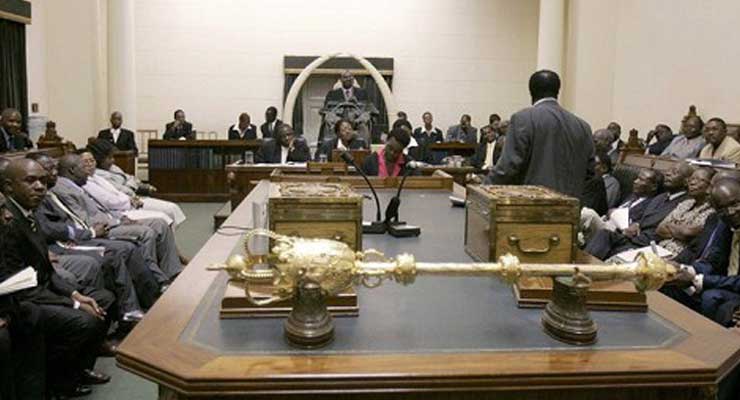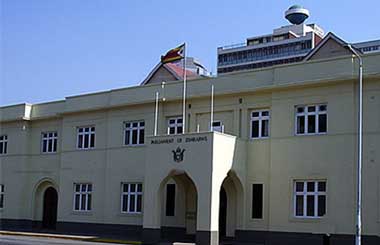
On March 8, many countries celebrated International Women’s Day with some nations making it an official holiday. The theme “Be bold for change” was well crafted to focus on women emancipation that beyond issues of violence against women, racism, respect for women in the workplace, and celebration of women who have done and continue to do remarkably impressive things worldwide. It also entails forging ahead with the struggle for meaningful political participation for women which is far from secure worldwide.
For example, in Zimbabwe after the 2013 harmonized elections, women representation in parliament more than doubled from 17 percent following the 2008 general elections, to 35 percent not because women equally participated with men and won. This is because Zimbabwe joined 30 countries worldwide that have used a special electoral quota system to increase women’s representation to at least 30 percent of the Members of Parliament (MPs).

In Zimbabwe, the special measure reserves 60 seats for women to be elected through a proportional representation, based on the votes cast for political party candidates in the lower house (National Assembly). For the 60 elected Senate seats, women and men are listed alternatively, with every list headed by a woman candidate.
This system is in line with the Fourth World Conference on Women held in Beijing, China where delegates called for an international effort for countries to have women represent 30% of their national governments. Since then, many countries have indeed increased the presence of women in their governments with the largest increases in sub-Saharan Africa countries.
The United Nations IFEM Progress of the World’s Women: 2008/2009 report shows, that some sub-Saharan countries have more women representation than more developed countries. For example, the report shows that 10 percent of the national seats are headed by women in countries such as the United States, France and Japan. But according to the Inter-Parliamentary Union, as of January 2017, Rwandan women parliamentary representation was at 63.8 percent in the lower house and Bolivia reached 53.1 percent representation. They are now the only two countries in the world with more women than men in parliament.
In Zimbabwe, of the 85 women parliamentarians, only 25 were directly elected to Parliament while the other 60 are in the House of Assembly courtesy of a constitutional provision which reserves seats for women. In an effort to have more women representation in Senate which is again filled by proportional representation, political parties are now by law obliged to put forward candidates in a zebra format with women topping the list. However, despite this provision, Senate is still dominated by men because of the 16 seats reserved for traditional chiefs who are predominantly male.
As a result, women now comprise 124 of the 350 Members of Parliament (MPs) in Zimbabwe’s Parliament, including 86 women in the National Assembly- 60 in the reserved seats and 26 elected directly to the 210 constituency seats. There are however, 85 women parliamentarians in the National Assembly compared to 185 men.
The 60 seats although a milestone, fall short of the regional grouping Southern Africa Development Community (SADC) 50 percent quota for women in top positions including Parliament a step further from the Beijing Declaration. Therefore, Zimbabwe failed to meet the SADC 2015 deadline.
The temporary measure will however, be in effect for the first two Parliaments elected after the Constitution come into effect that is during the 2013 and 2018 elections. During the 2023 elections, the system will revert back to the equal competition with men. There are high chances that the Zimbabwean parliament may continue to be male-dominated, focusing more on competition rather than gender balancing. This is because, political parties are still primarily male-dominated and women continue to be discriminated against in electoral processes. As result, there are two major obstacles that leave generally insufficient gender-positive national frameworks: the electoral bodies and political violence.
For now the challenge for women who hold the 60 reserved seats is to work tirelessly to convert these seats into a serious political presence using various media since they do not have constituencies that they represent. There is a need to strengthen the capacity of women MPs to mainstream women’s issues into broader issues that will be discussed in parliament and ensure that gender equality and women’s rights in the Constitution are secured through reforms.
Leave a Reply